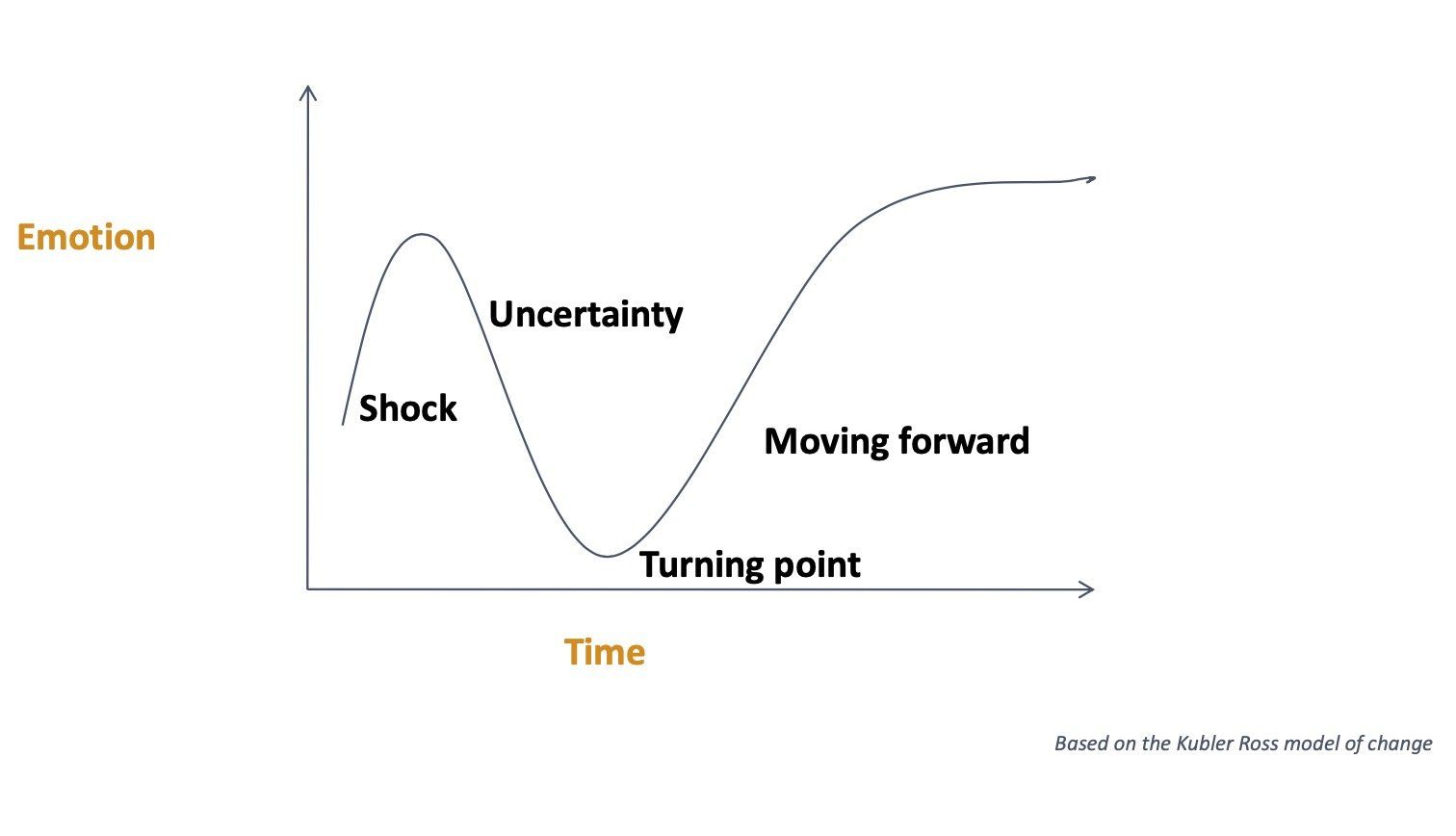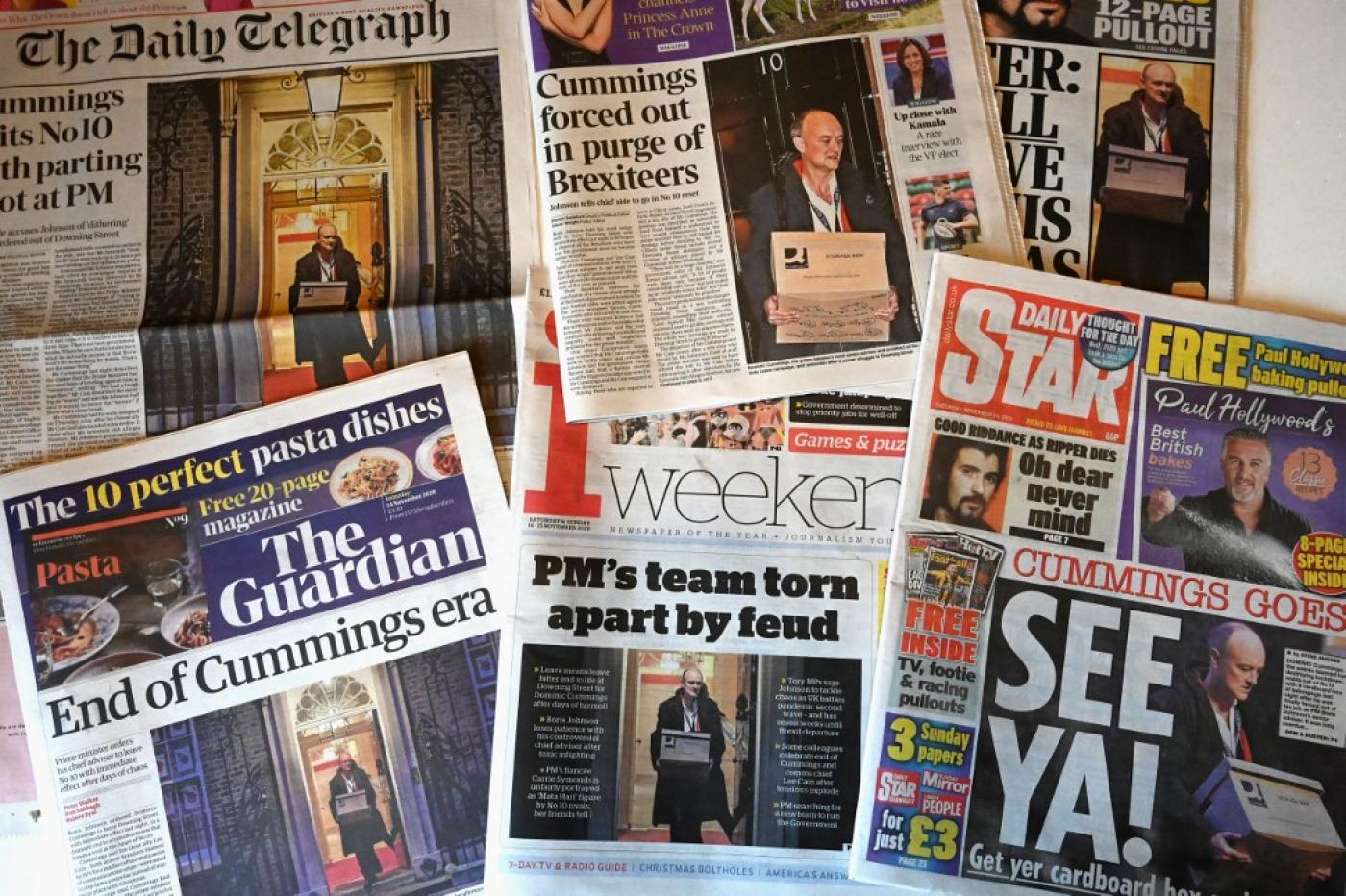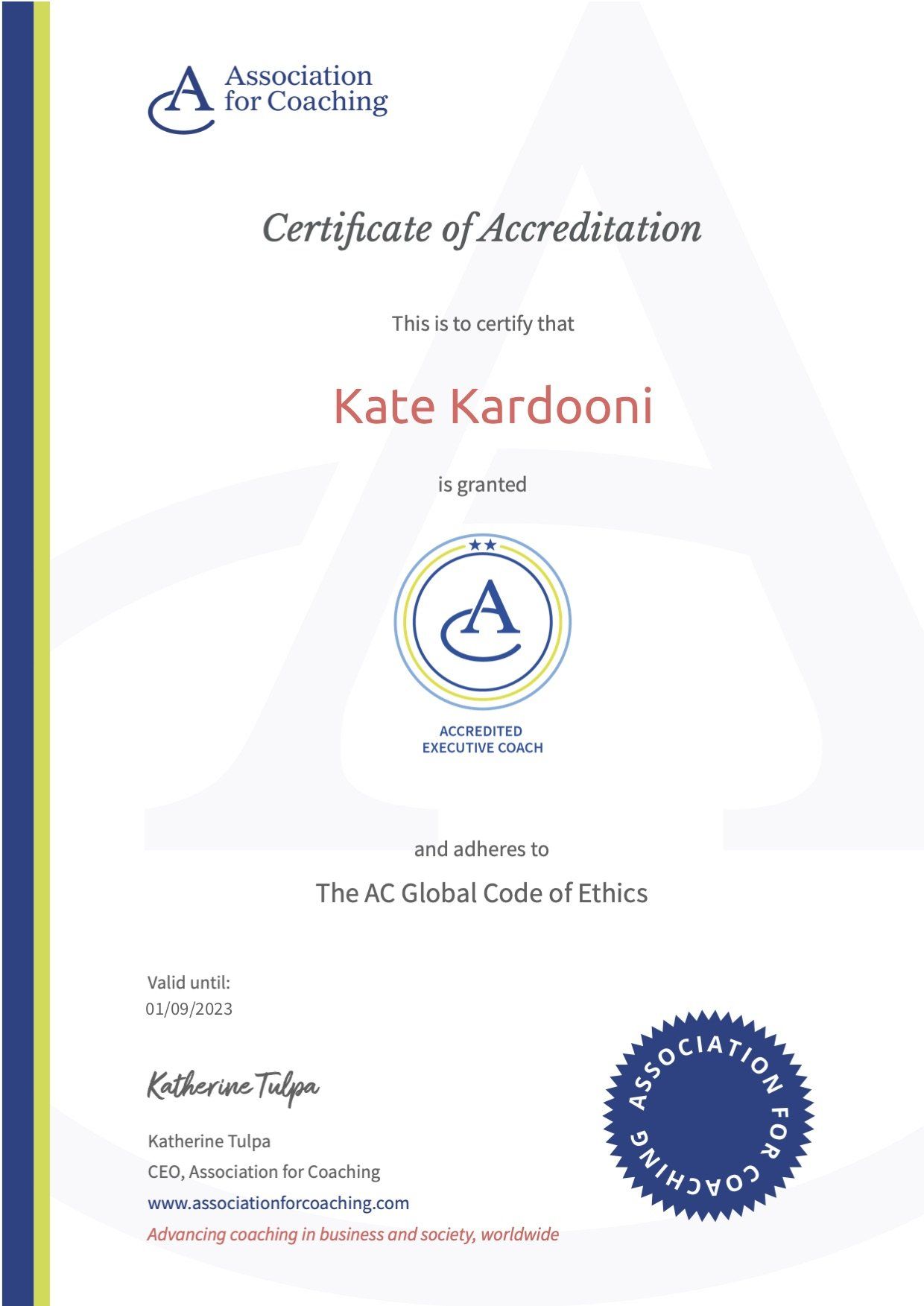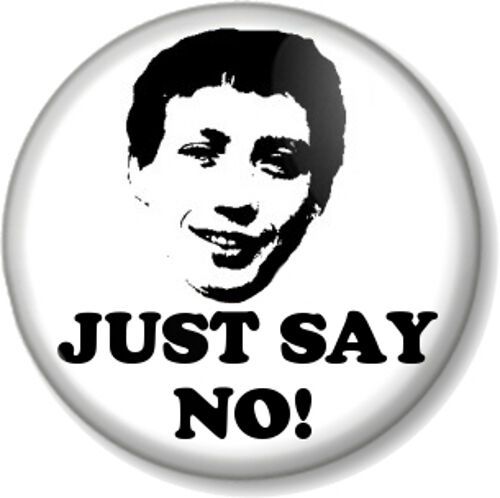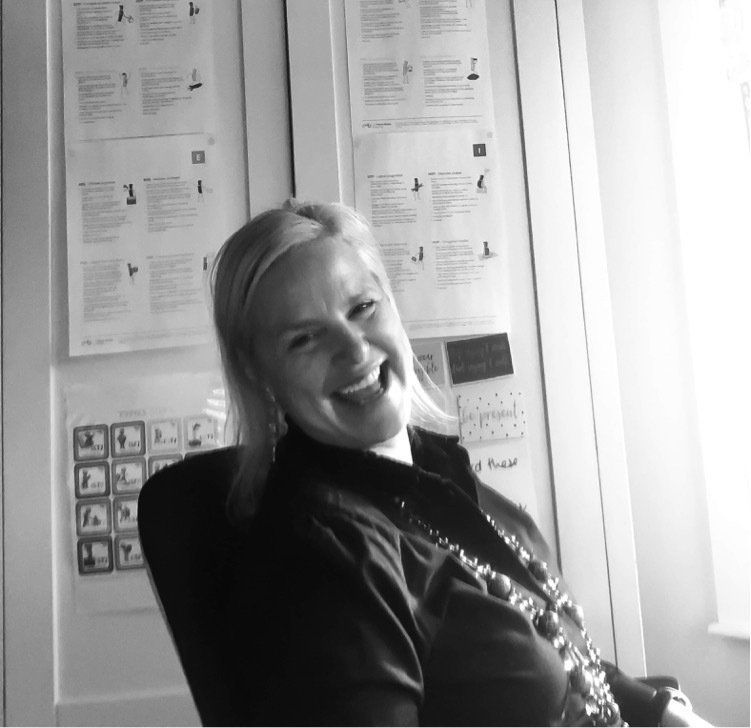
What can you learn about business coaching from football?
So my team got relegated… perspectives from my Coaching life

For those of you who know me quite well, seeing my beloved Leicester City get relegated at the end of last season (despite a victory in the last game of the Premier League season) was a not a pleasant thing to watch. It’s been a tough season with managerial changes, financial concerns and some players not competing at their full potential. The biggest question is how did we get ourselves into this situation and what are the lessons learned for the future, as we head into the Enzo Maresca era?
The post mortem has been taking place, and it’s really easy to try and lay blame at various quarters but I wanted to just share my reflections as to what I think Leicester City’s management, players and supporters should be looking at doing in future, from a business coaching perspective, so that the same mistakes don’t happen again:
- The Premier League is one of the most scrutinised leagues in the world. Managers are often not given the time and space to allow the team to transition and develop in the fast pace that they run in (see Chelsea’s sacking of Graham Potter). However, if they have been given the space and time and things are not working, a decision to change the status quo needs to be done quickly and effectively, and hence the Management at the club need to be more ruthless when needed. This is the same for any organisation where someone is not performing as you don’t want this to harm the business overall
- If the Management of a Football Club take the decision to sack a Manager due to poor performance, they should have a plan defined for what happens next. They should have provided an appropriate new structure before a sacking decision is made so that the team have a better understanding of what happens next instead of feeling bewildered with a lack of clarity. This is a key thing for any organisation when a key individual leaves, and succession planning is still an important tool to make this less burdensome. This did not happen for Leicester City, the team became rudderless and performance dipped – a typical organisational scenario when an unplanned decision is taken. Most organisations are able to handle this better by putting people on a performance review structure before further action is then taken. In a footballing scenario, this is often not possible, but mitigating steps could have helped in this instance
- The players need to have a loyalty to the club they are playing for. If they don’t have that loyalty by deciding to run their contracts down, or not giving 100% on the pitch, the management should take decisive action and give the opportunities for others to excel. This should however be within reason, and allow the players brought in an opportunity in areas they are good at i.e. don’t put someone into the team “out of position”. If an individual advises that they are going to break their contract, you shouldn’t reward them by giving them a position of authority. If someone had resigned at a company you work for, you wouldn’t expect them to be put in charge before they head off, would you?
I am looking forward to the new season in the Championship with renewed anticipation and hope as we start a new managerial tenure with hopefully a set of players who are loyal and wear the badge with pride. I won’t be deserting them as we step into this new season – I love my football too much, and it’s an excuse to catch up with my son who will be heading to Uni there in September! Win, win for me… and hopefully win, win, win, win for the Foxes too
Buona Fortuna, Signor Maresca!
